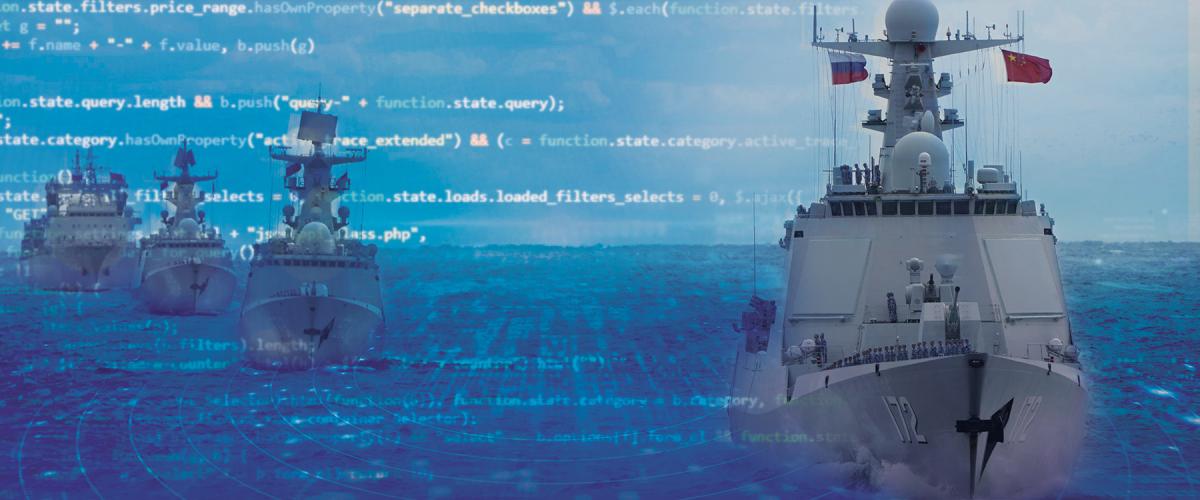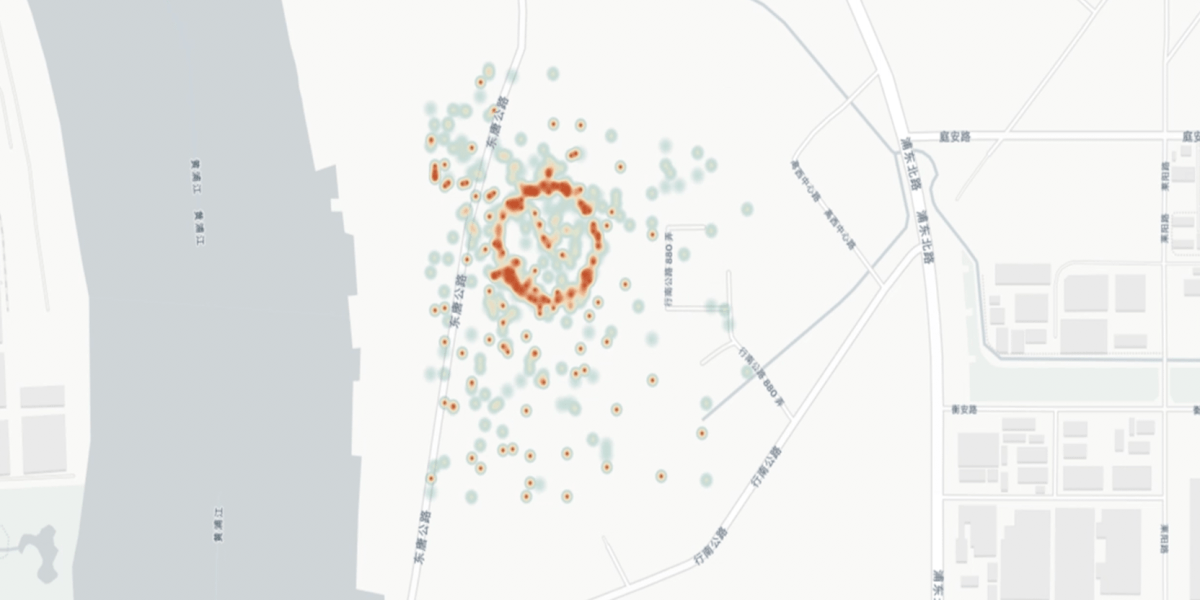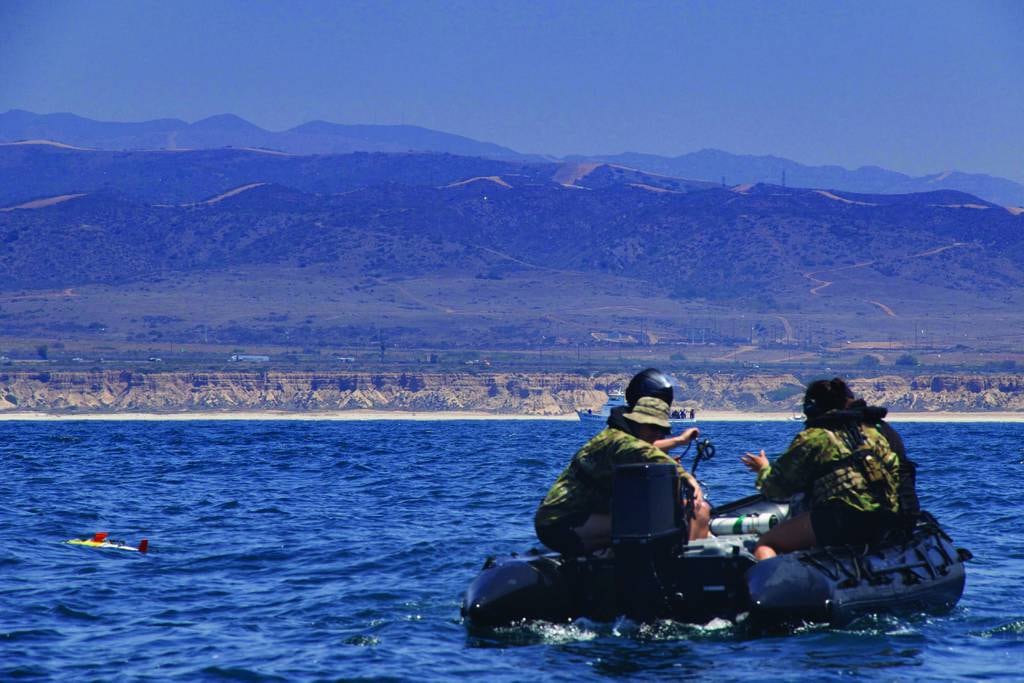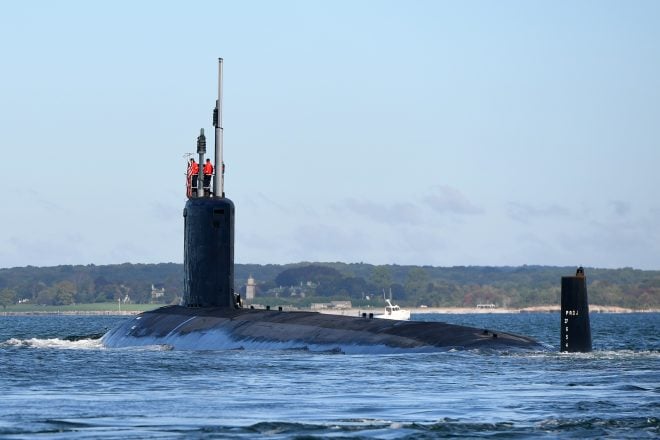- Messages
- 36,290
- Reaction score
- 6,263
- Points
- 288
From the link:
Other novel cyber approaches can affect sea power. China is investing heavily in cyber-enabled cognitive manipulation to shape population behavior.17 Attention-based economic models use neuroscience to generate addictive properties in social media platforms, such as Chinese-controlled TikTok.18 Especially popular with young sailors, TikTok captures biometric, personally identifiable, and geolocational data on users and makes it available to Chinese authorities. It is also a useful means to push narratives that influence behaviors and attitudes. This opens the door to a variety of influence, exploitation, and subversion operations on military and civilian personnel integral to American sea power.19

 www.usni.org
www.usni.org
Other novel cyber approaches can affect sea power. China is investing heavily in cyber-enabled cognitive manipulation to shape population behavior.17 Attention-based economic models use neuroscience to generate addictive properties in social media platforms, such as Chinese-controlled TikTok.18 Especially popular with young sailors, TikTok captures biometric, personally identifiable, and geolocational data on users and makes it available to Chinese authorities. It is also a useful means to push narratives that influence behaviors and attitudes. This opens the door to a variety of influence, exploitation, and subversion operations on military and civilian personnel integral to American sea power.19

Cyber Power is a Key Element of Sea Power
The skillful use of U.S. cyber power will be required to fight and win.





